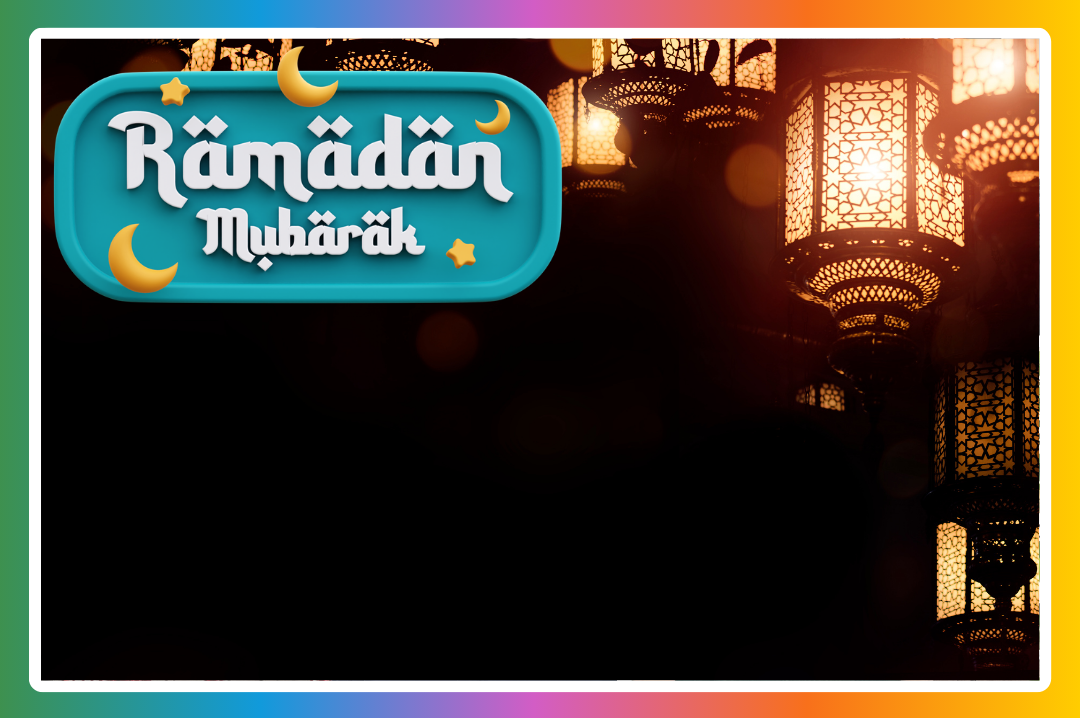
What Is Ramadan?
Ramadan holds immense importance in Islam as it marks the time when the Qur'an, the holy book of Islam, was first revealed to Prophet Muhammad. This sacred event is commemorated on a special night known as Lailut ul-Qadr, or 'The Night of Power.'
Falling on the ninth month of the Islamic calendar, Ramadan's dates vary each year due to Islam's adherence to a lunar calendar. The start of Ramadan is heralded by the sighting of the new Moon, progressing through its midpoint with a full moon before concluding as the moon gradually wanes.
During Ramadan, Muslims observe fasting as a demonstration of dedication and empathy towards others. While fasting from dawn to sunset is customary, exemptions are granted to certain groups such as children, pregnant women, the elderly, and travelers. Typically, children begin fasting around the age of 14.
During Ramadan, two main meals mark the fasting period: suhoor before dawn and iftar after sunset. Alongside fasting, Muslims prioritise prayer, acts of kindness, and support for those in need.
Many Muslims aim to read the entire Qur'an during Ramadan and participate in prayers held at mosques.
The ending of Ramadan is celebrated with great excitement during Eid ul-Fitr, a joyous occasion where Muslims express gratitude to Allah for the strength provided during Ramadan. Festivities include dressing up, exchanging gifts, spending time with loved ones, and charitable giving.
At Shaw Education Trust, we aim to educate people on what Ramadan is all about and its significance in the Islamic faith, while also striving to build a sense of community and provide support to those fasting during this occasion.
To all embarking on the Ramadan journey, we celebrate your dedication and extend warm wishes for a blessed Ramadan!